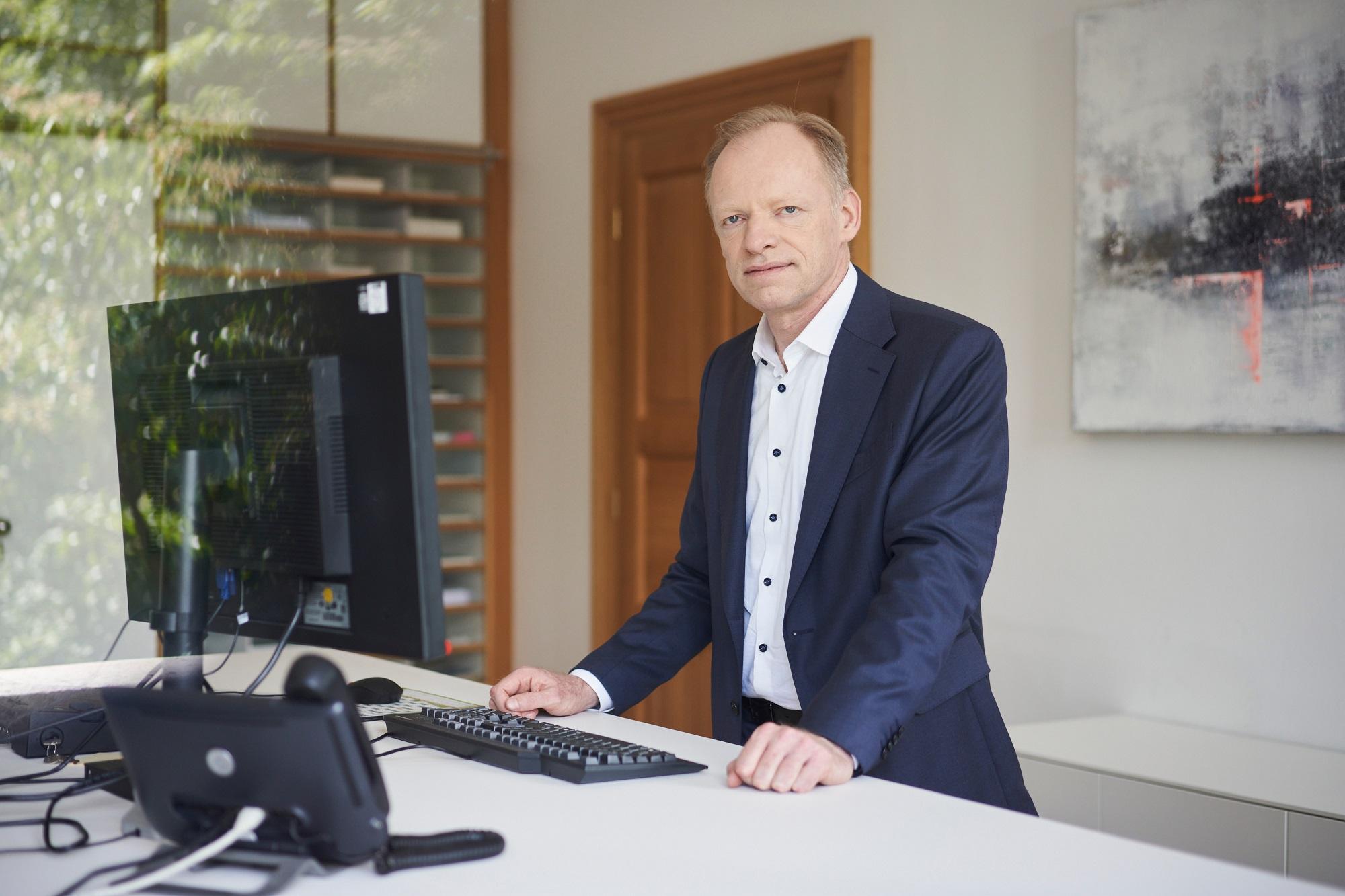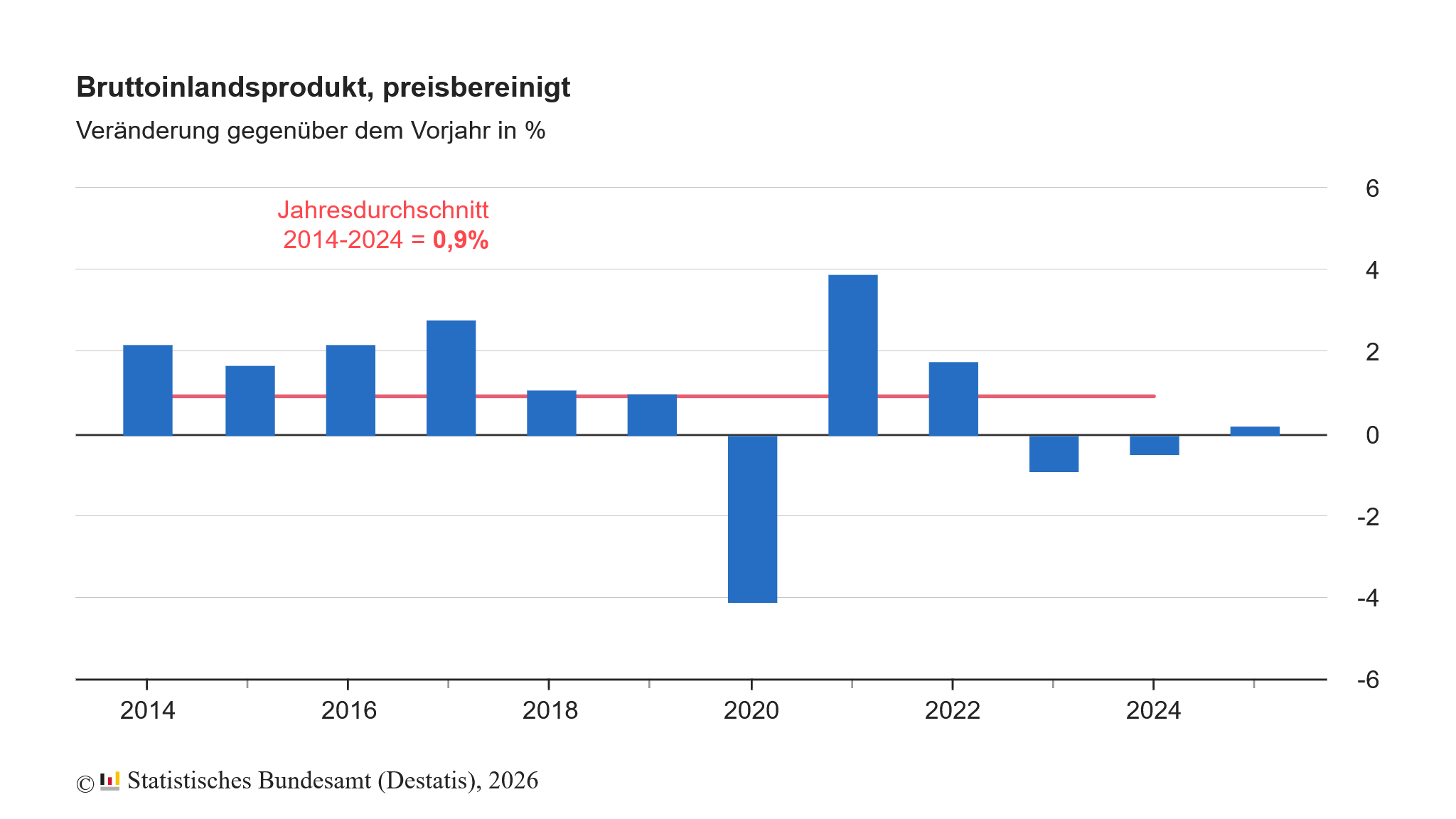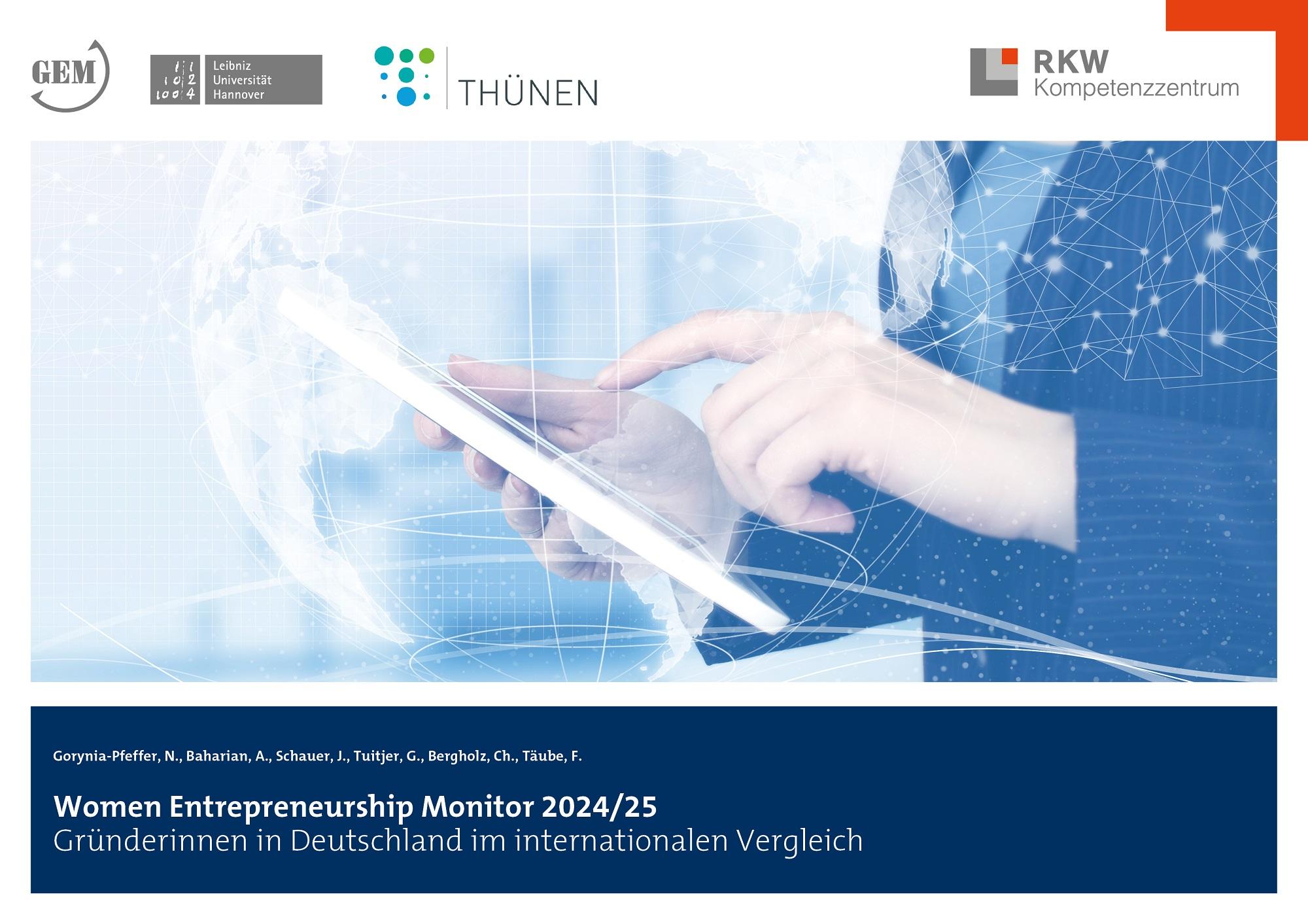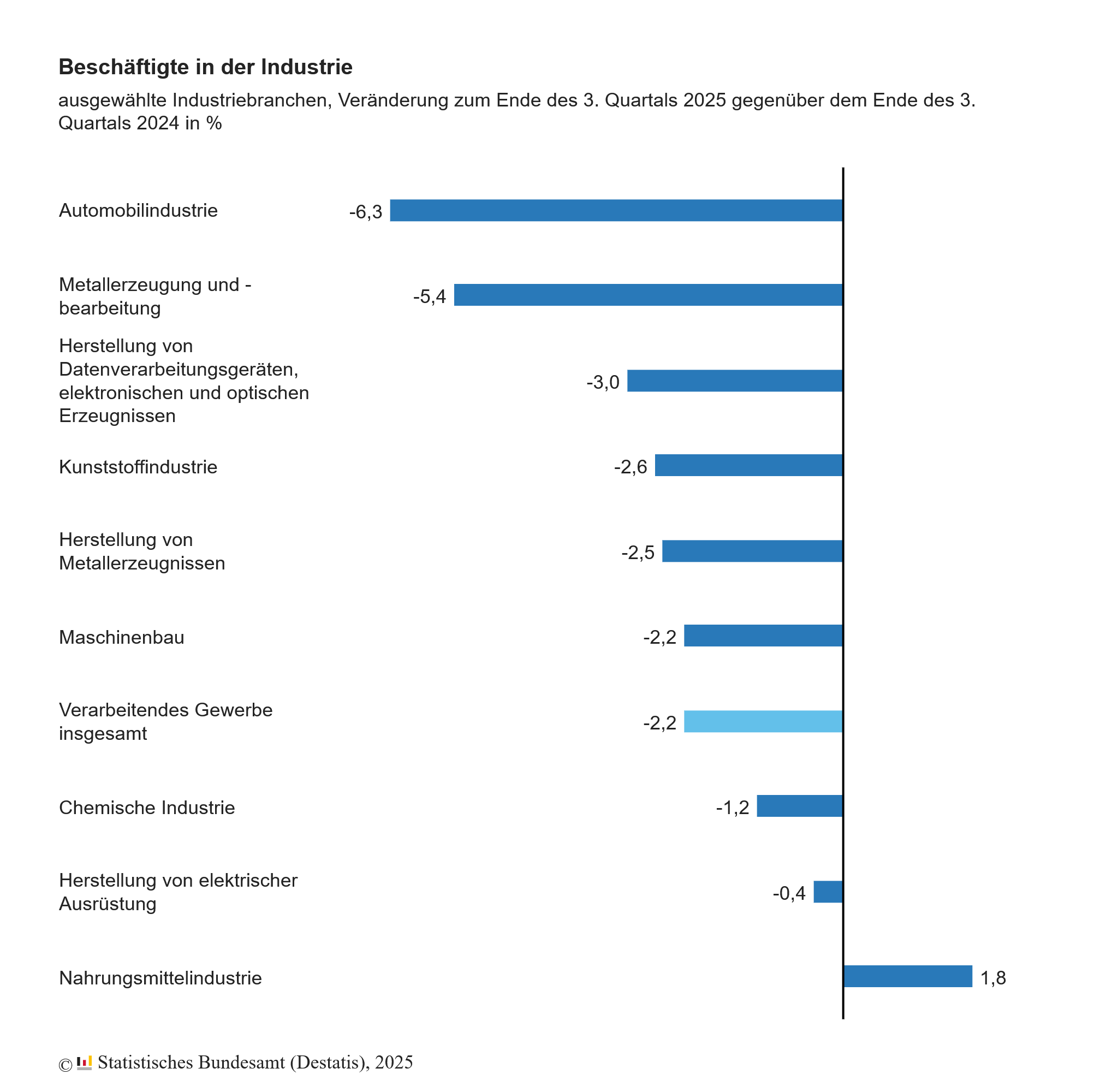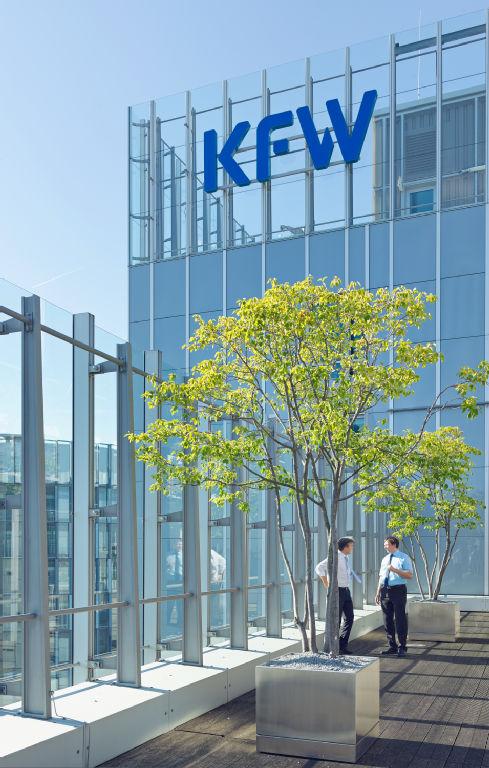Royal Donuts - From love brand to over-scaler

The smell of frying fat hangs in the November air in 2018 as Enes Şeker - then 24 - pulls up the shutters of his first donut store in Cologne-Sülz. He borrowed 10,000 euros from relatives "because I couldn't find a donut store in Aachen", he later recounts in a podcast. There were no customers at first, but Şeker hardly slept: he took photos, edited videos and uploaded them to Instagram - all in neon pink so that the eye could smell sugar before the stomach knew it.
A weekend that changes everything
Then comes April 2019, when cheat day pilgrims in sports leggings stumble across the small store at the same time as the FIBO fitness trade fair. There was already a 150-metre queue outside the door on Sunday, recalls Şeker: "That was the first time I realized what we were doing with these donuts." The social media algorithm delivers the images to the whole country - and suddenly everyone wants to make money.
Franchise in the fast lane
Şeker opts for the model that once made McDonald's great: franchising. For an entry fee of around 40,000 euros plus 1,000 to 1,500 euros per month, newcomers are allowed to use the brand - without any revenue share to the head office. By the end of 2020, Royal Donuts already had 36 stores. By mid-2021, there are 135 stores in seven countries. In 2022, the company reports "almost 300" opened stores, "eight-figure sales" and speaks of Europe's fastest-growing franchise.
The pandemic is acting as a turbocharger: while traditional cafés are closing, donut stores are allowed to offer takeaway. The €10,000 gold donut is making headlines and providing influencer content for the time when no one can travel. A Galileo TV report catapults the founder's inquiry inbox from "100 to 250 HP", in his own words:
WhatsApp as company headquarters
Behind the flashy glazes, however, the statics are shaky. A real franchise manual will not be produced until three years after the launch. Until then, voice messages in a large WhatsApp group will regulate operations. Most of the partners are career changers - car mechanics, beauticians, school leavers - and are hardly given any insight into key business figures.
"We were only shown the queues"
Ex-franchisee "Erkan".
Looking back, franchise lawyer Martin Niklas calls this "a disaster": without standardized contracts and uniform fees, every system becomes toxic. In fact, the entry fee varies: some pay 30,000 euros, others over 100,000 euros. Şeker defends this with "supply and demand", experts see this as the beginning of erosion.
The first cracks
In March 2024, the Rheinische Post announces the closure of the branch in Kleve in the Lower Rhine region. Handelsblatt reporter Sebastian Dalkowski counts up and comes across over 150 dead stores in Germany - marked on Google as "permanently closed" and on Ebay classifieds as "franchise for sale for 15,000 euros". The official store list shrinks to 44 stores - some of which have long since gone dark locally. "Let it be 36, maybe 37," admits Şeker in the interview.
The founder blames inflation: "Donuts are a luxury." Franchise expert Hermann Riedl counters: "Other premium dessert chains like WonderWaffel continue to grow." The truth probably lies somewhere in between: High prices meet a lack of location analysis and minimal process fidelity.
Implosion of a brand
According to internal lists, fewer than 50 stores will be active by summer 2025 - around 80 percent of the stores will have disappeared. Some operators are sitting on six-figure debts, others are threatening legal action. Erkan, the businessman, says bitterly: "Without the entrance fees from his partners, Enes Şeker would be a zero".
Meanwhile, Şeker is working on "Crusty Slices", a cross between a croissant and a pizza - again as a franchise, of course. He has already received hundreds of inquiries - this time, he promises, everything will be more professional.
What remains
Royal Donuts was a masterpiece of modern attention: a product that could be better photographed than calculated. Within four years, the brand became bigger than Dunkin' Donuts in Germany, only to collapse like an underbaked dough ringlet. The story shows how social media hype can simulate cash flows - and how dangerous it is when processes don't keep up with the pace.
For the founders, the drama provides three bitter lessons:
- Systems first, scale second.
- Fixed license fees without revenue sharing decouple the head office from the success of the partners.
- Influencer reach is no substitute for a BWA.
It is hardly surprising that Şeker still believes in himself. He once proved how quickly a dream can be sold. The next round of the franchise carousel will show whether he builds a foundation that supports more than hashtag hunger this time.
Photo credits:
External articles about Royal Donuts:

Newsletter
Startups, stories and stats from the German startup ecosystem straight to your inbox. Subscribe with 2 clicks. Noice.
LinkedIn ConnectFYI: English edition available
Hello my friend, have you been stranded on the German edition of Startbase? At least your browser tells us, that you do not speak German - so maybe you would like to switch to the English edition instead?
FYI: Deutsche Edition verfügbar
Hallo mein Freund, du befindest dich auf der Englischen Edition der Startbase und laut deinem Browser sprichst du eigentlich auch Deutsch. Magst du die Sprache wechseln?

